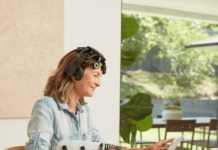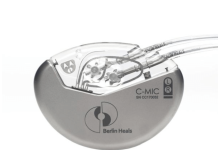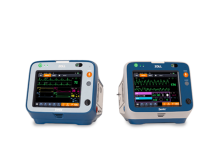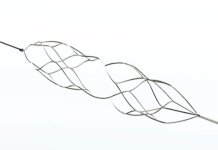Vectorious Medical Technologies announced that a patient in the U.S. became the first to receive its miniature heart pressure sensor implant. The company reported the first U.S. implant in Cincinnati, Ohio. Dr. Sitaramesh Emani, director of heart failure clinical trials at The Christ Hospital, performed the procedure. The patient received the V-LAP sensor, which enables the remote monitoring of the heart and congestion status. It also allows for the self-adjustment of diuretics.
In a news release, Emani said the implant “represents a pivotal moment in heart failure management.”
Related: New4med launches basivertebral nerve ablation therapy in Europe
“By integrating real-time left atrial pressure monitoring into patient care, we are on the cusp of a transformative shift towards more proactive, personalized treatment strategies,” Emani said. “This innovative approach aims to improve patient outcomes through a reduction in hospitalizations and enhancement of overall quality of life for heart failure patients, but will do so by empowering patients to actively manage their own care.”
V-LAP, implanted in the heart’s interatrial septum through a minimally invasive procedure, measures left atrial pressure. It transmits data that enables physician-directed patient self-management of chronic heart failure.
Patients can also utilize a dedicated mobile application with daily data translated from the left atrium. Vectorious aims for the device to prevent disease deterioration and repeated hospitalizations.
Vectorious earlier this month had positive data from a human study taking place in Europe and Israel. To date, the company reports 56 V-LAP implants around the world, with more than 40,000 days of LAP monitoring. Vectorious plans for the U.S. study, along with the program in Europe and Isreal, to support an upcoming U.S. pivotal trial.
“We look forward to expanding our clinical activities in the U.S. and work closely with physicians, nurses, FDA, and our partners towards a pivotal trial,” said Dr. Eyal Orion, co-founder and CEO of Vectorious. “I strongly believe that the technology and Treatment paradigm we develop have the potential to reverse this concerning trend, and our team is fully committed to this mission.”




